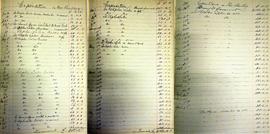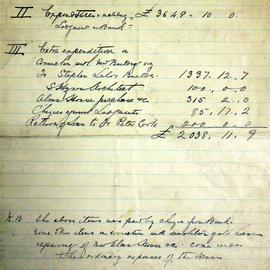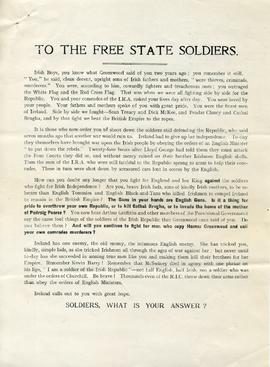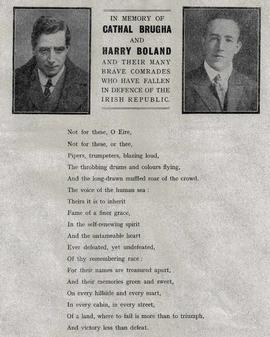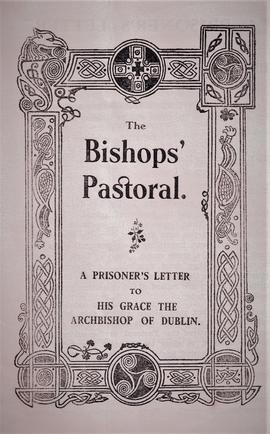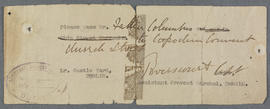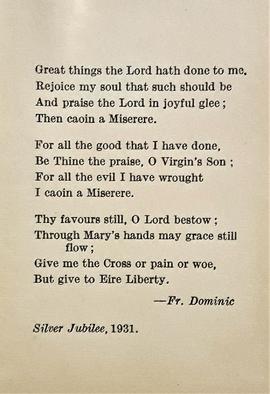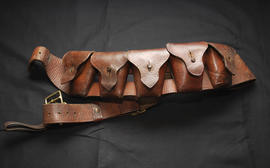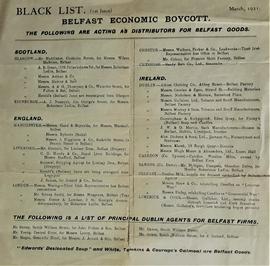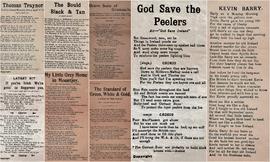- IE CA KK/2/4/2
- Documento
- 1895-1897
Parte de Irish Capuchin Archives
Account book of ‘monies received towards the new [Friary] building during the year 1895’. An index is given on the title page by Fr. Fidelis Neary OSFC, guardian and definitor: I. List of guarantors on three-year system. II. List of special benefactors with amounts subscribed. III. Amounts received from Brothers and Sisters of the Third Order of St. Francis. IV. Expenditure account on new building (mostly with Stephen Lalor [var. Lawlor], builder and contractor).

